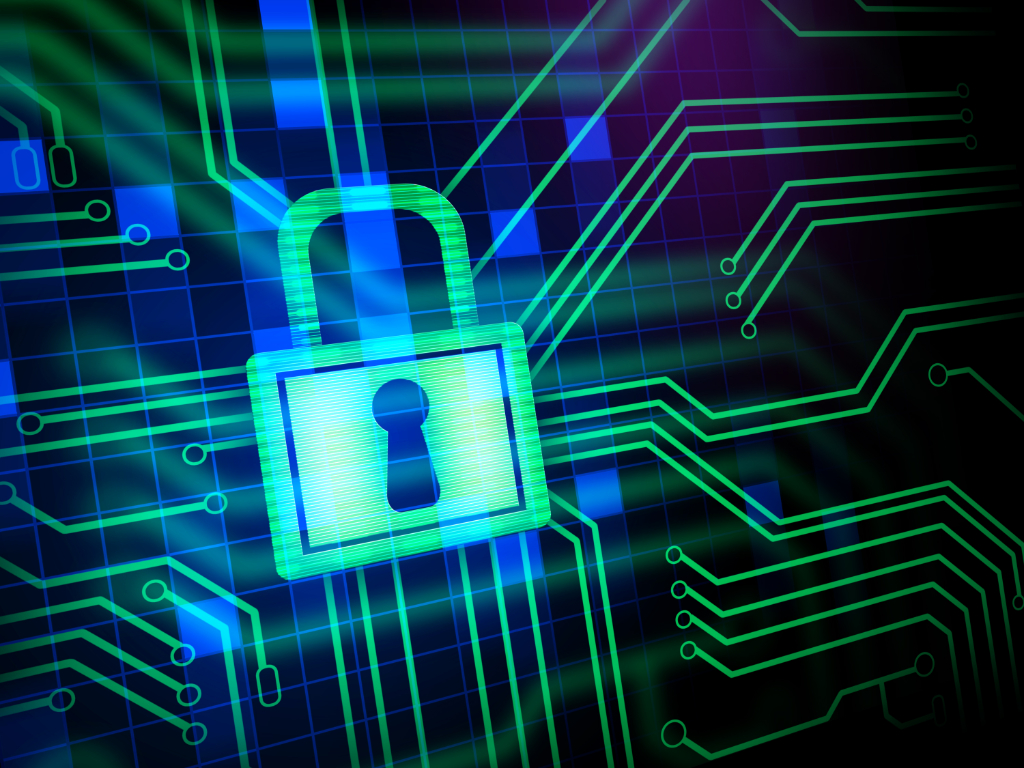Although technology has helped shape the business landscape, there are still some loopholes that expose safety to various risks like cyber attacks. We have all seen it in the news. Even health care sectors and massive corporations have become victims of cybercrimes, which resulted in damages that cost millions. So how can small businesses protect themselves from virus, data breach, or even cyber attack? If you fear your computer system or network being hacked or infected by a virus, you should secure cyber liability insurance. It also covers the cost of recovering from the damage done and the legal claims due to the breach.
In 2018, the Identity Theft Resource Center revealed that businesses experienced a total of 571 breaches, compromising confidential, and sensitive records of customers and employees. Cyber attacks can affect both large and small businesses, but small businesses are the ones considered the most vulnerable. Most small businesses don’t have the resources and IT department to maintain and monitor their data and other technological resources constantly. As a result, small businesses face severe consequences with a cyber breach. With cyber liability insurance, companies can have greater peace of mind knowing that they are protected against these attacks.
Who Secure Cyber Liability Insurance?
A company can be in a state of dilemma upon discovering the attack as they do not know where to turn. Cyber attacks are a serious problem that will take time to resolve, especially if the problem has affected clients of businesses. Computer systems that have been exposed to hackers can take advantage of cyber liability insurance. More often than not, businesses settle with a general liability insurance policy without knowing that it only has basic liability coverage. This means that you only have limited coverage in the event of an attack.
If your business stores personally identifiable information (PII) for your employees and customers, you will need to secure stand-alone cyber liability insurance. PII includes any data for identifying a particular person such as date of birth, social security number, bank account number, name, or email address.
A cyber breach can occur in more ways than one. Hackers can work their way into your computer system under the guise of emails. Phishing emails which may appear as though they come from your company can lure your customers into clicking a malicious link, which enables hackers to obtain their PII. A hacker can also use ransomware or virus for your files to become corrupted.
You do not have to be a hapless victim of these cybercrimes. You can protect your business by limiting people from accessing PII. Setting strong passwords is also necessary, especially if your employees are sharing electronic devices. Make it a point to change or update your passwords and software as well.
Cyber Liability Insurance Coverage
Before you sign yourself up for cyber liability insurance, you have to make sure that you know the things it covers. If you are not well versed with cyber insurance policy, making comparison can be such a challenge. Be sure that you compare apples to apples. There are two types of cyber liability coverage that you should familiarize yourself with:
1. First-Party Coverage
With this coverage, the expenses that your company has incurred due to a cyber breach will be shouldered. Covered costs include:
- Software or hardware damage repair
- Cost of notifying the public and your employees about the breach
- The costs due to business interruption and missed income when business operations have been suspended
- Protecting the reputation of your company through public relations response and marketing
- Extortion money for cases when hackers threaten to corrupt file if they are not paid a ransom
- Ancillary costs
2. Third-Party Coverage
With this type of coverage, your company will be protected against legal claims and lawsuits, which include:
- Liability claims such as libel, slander, or copyright infringement
- Negligence claims or breach of contract
- Fines required by the regulatory bodies
- Privacy lawsuits due to breaching the privacy of employees or customers
There are also risk mitigation services that insurance companies will provide on top of these two types of coverage. These services will assist in identifying potential cyber threats before they take place.
Cyber liability insurance does not cover the following:
- Loss of property
- Social engineering
- Property damage claims
- Bodily injury
- Criminal activity
The prevalence of cyber attacks has inspired many insurance companies into offering cyber liability insurance to businesses. While this type of insurance may still be new, it is important for policyholders to be aware of their insurance coverage to be ready in case of an attack.
10501 Six Mile Cypress Pky #101
Fort Myers, FL 33966
239-939-1996
1031 Cape Coral Pkwy
Cape Coral, Florida 33904
(239) 205-6072






